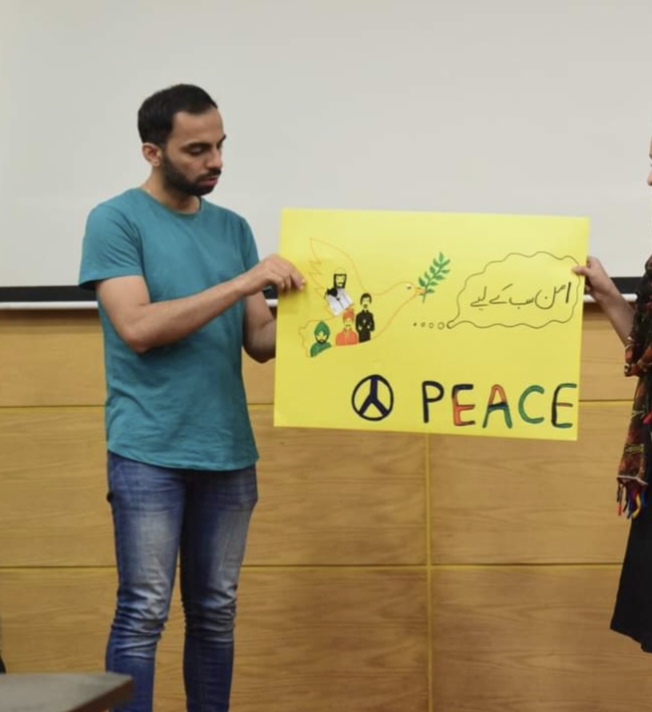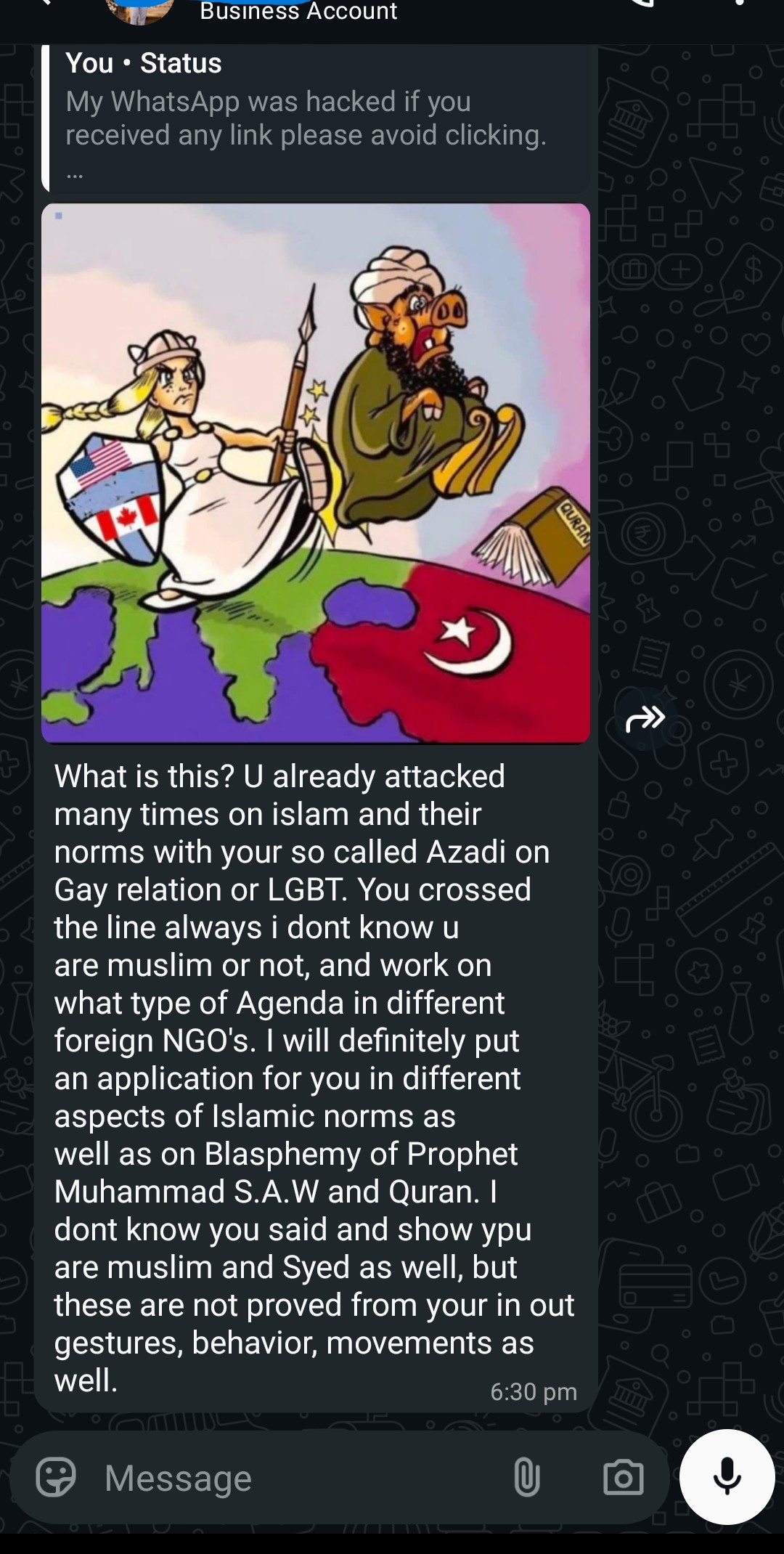Tag: Mental Health
-
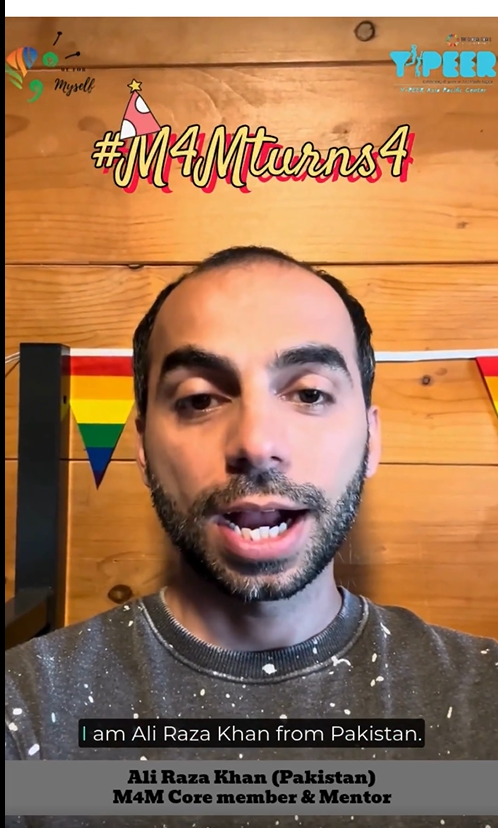
Ali Raza Khan & 4 Years of Me for Myself Campaign : Mental health is a stigmatized topic, and LGBTIQA+ people face even greater challenges when addressing mental health issues.
4 Years of Me for Myself Campaign & Ali Raza Khan core member M4M : Mental health is a stigmatized topic, and LGBTIQA+ people and marginalized communities face even greater challenges when addressing mental health issues. Certainly! Mental health awareness is crucial for everyone, but it holds particular significance within the queer community. Let’s explore…
-
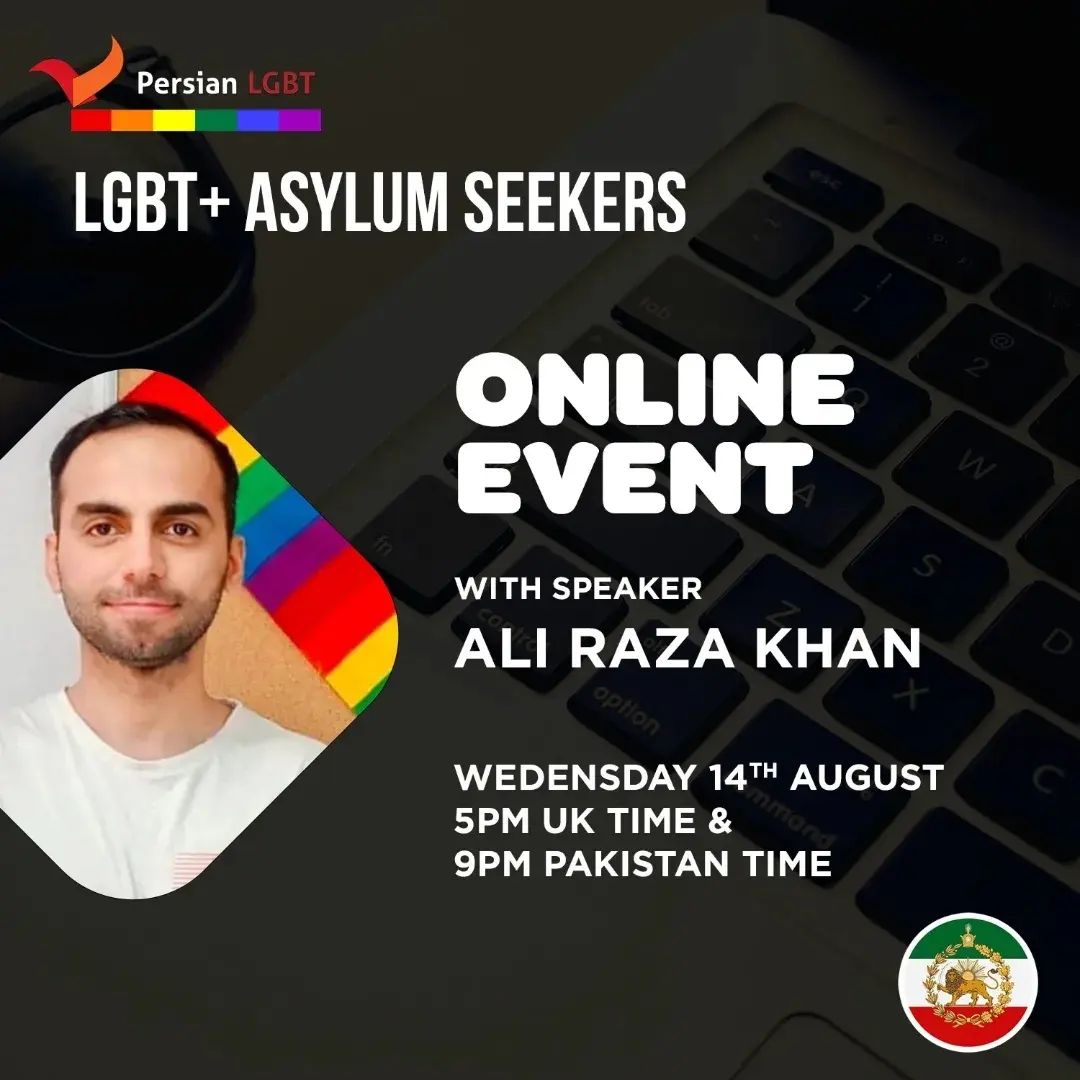
Ensuring Safety and Security for LGBTQI+ Community Members in Pakistan : Speaker Ali Raza Khan
The Importance of Freedom and Rights for LGBTQI+ People in Pakistan The LGBTQI+ community in Pakistan has long been marginalized, facing legal and social discrimination. Despite these challenges, there have been significant efforts to advocate for their rights and inclusion. However, the broader LGBTQI+ community still faces legal hurdles. Same-sex relationships remain criminalized under Section…
-
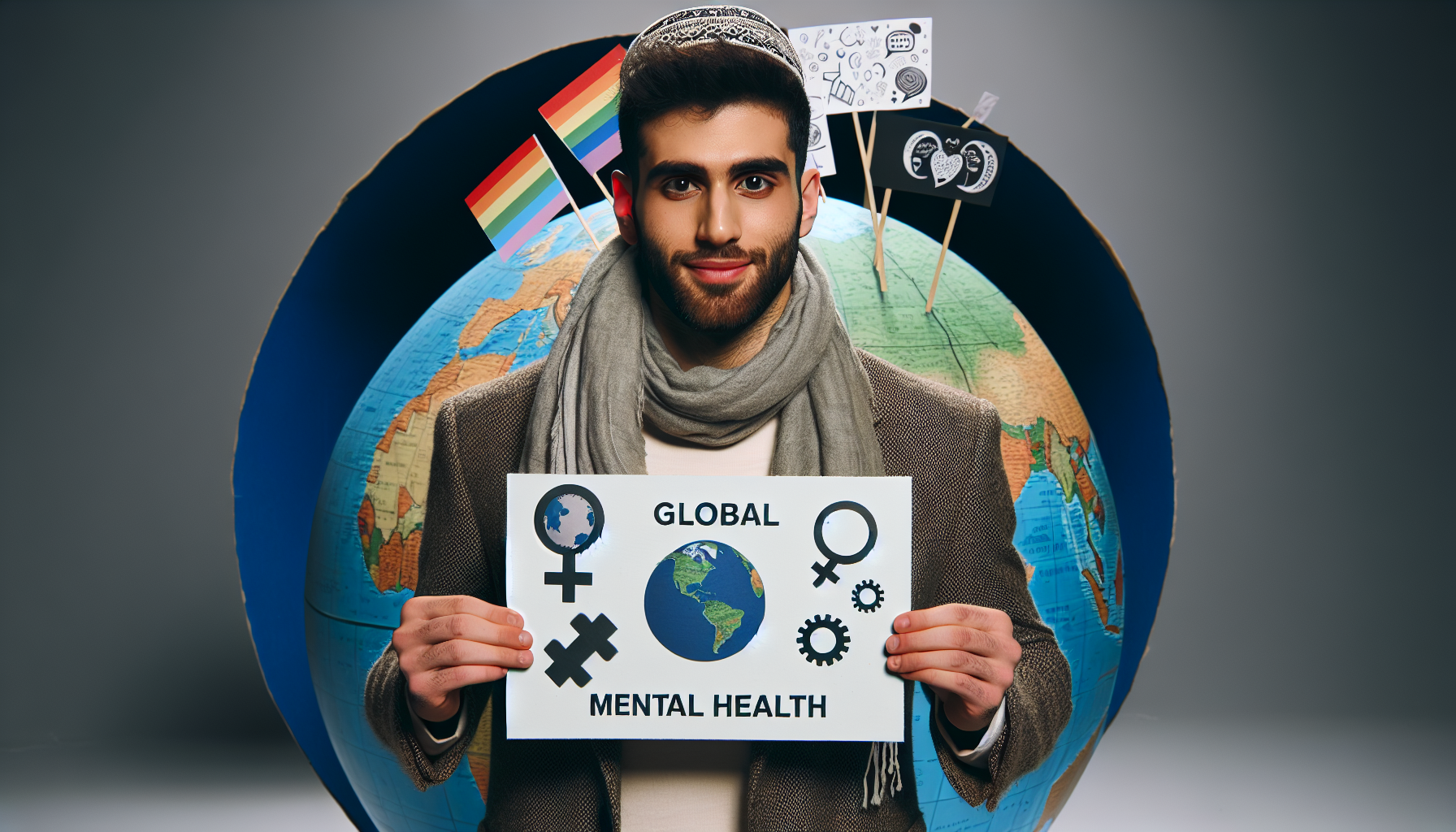
Mental Health and Global Health
The importance of mental health in global health, particularly during a pandemic, cannot be overstated. Mental health plays a critical role in overall well-being and is intricately connected to physical health, social functioning, and the ability to cope with challenges and adversity. Here are some key reasons why mental health should be prioritized in global…
-
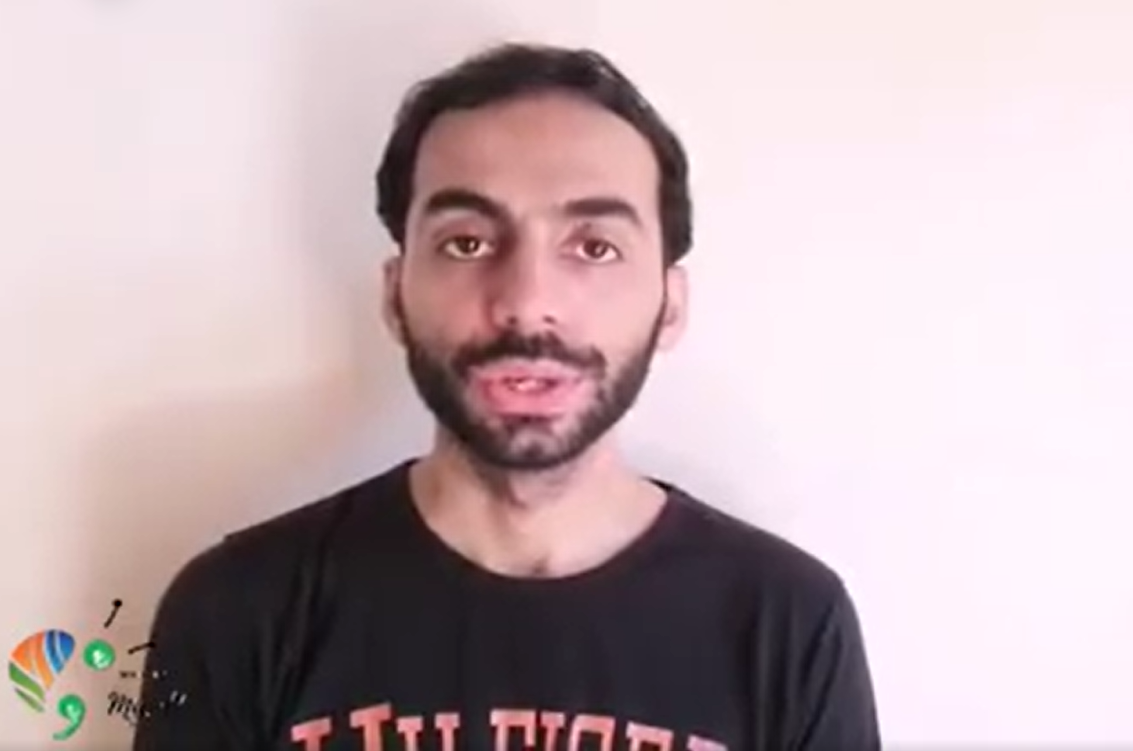
National Stop Bullying Day 2020 : A Call to Action from Ali Raza Khan
National Stop Bullying Day, observed annually, serves as a crucial reminder of the pervasive issue of bullying and its detrimental effects on mental health. In 2020, this day took on even greater significance as the world grappled with the challenges of increased online interactions and the rise of cyberbullying. Ali Raza Khan, a dedicated mental…
-
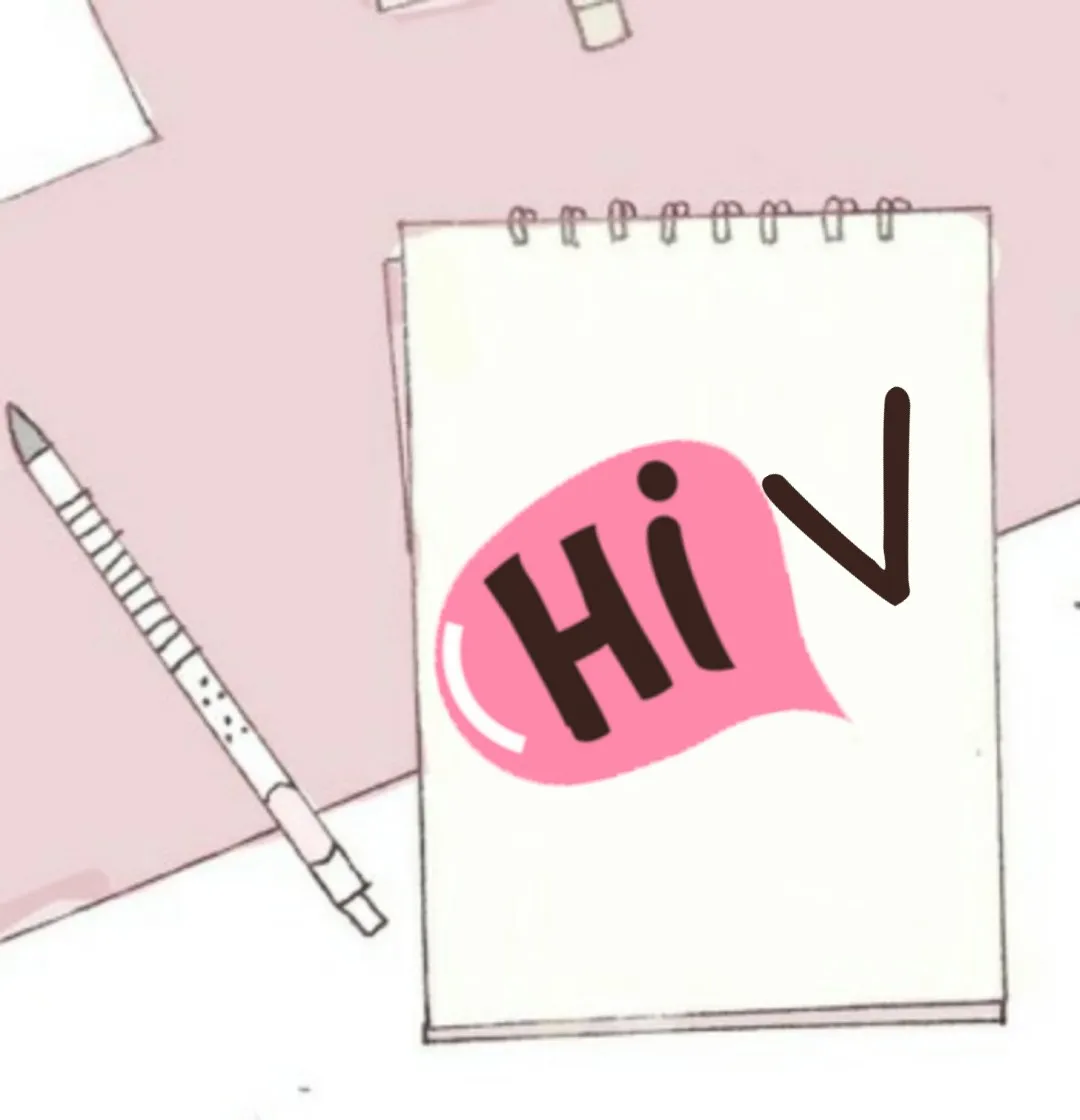
Diary of my HIV AIDS Positive Friend
I try to not think about when it happened from where it happened. Because whenever I think about that I am clueless and confused. Either it infected me a month ago, 3 months ago or 3 years ago. Either from some infected equipment or unprotected contact. What now I just think about is to keep…

